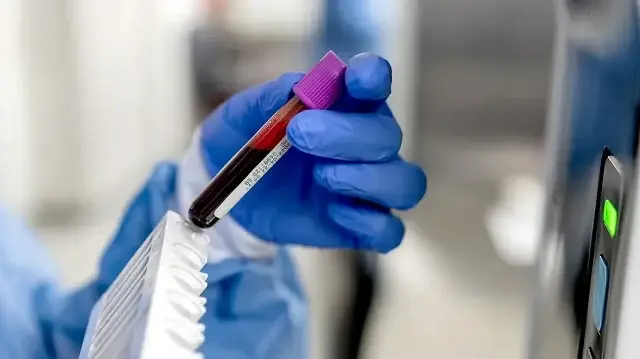Scientists Develop First Accurate Blood Test for Chronic Fatigue Syndrome

Researchers have created the world's first blood test that can accurately diagnose chronic fatigue syndrome (ME/CFS) by identifying distinctive DNA patterns. The test demonstrated 92% sensitivity and 98% specificity in initial studies, potentially enabling earlier diagnosis and better management for millions affected.
Medical researchers have achieved a breakthrough in diagnosing myalgic encephalomyelitis, commonly known as chronic fatigue syndrome (ME/CFS), by developing the world's first accurate blood test for the condition. The diagnostic tool, detailed in a study published in the Journal of Translational Medicine, could transform how physicians identify and manage a disease that has historically lacked definitive diagnostic methods.
Advertisement
The international research team from the University of East Anglia and Oxford Biodynamics focused on analyzing how DNA folds in individuals with ME/CFS, successfully identifying unique biological markers that distinguish affected patients from healthy individuals. By examining blood samples from 47 patients with severe ME/CFS and 61 healthy volunteers, they discovered a distinctive DNA-folding pattern exclusive to those suffering from the condition. "We wanted to see if we could develop a blood test to diagnose the condition – and we did," stated lead researcher Professor Dmitry Pshezhetskiy.
Advertisement
The test's remarkable accuracy – achieving 92% sensitivity and 98% specificity in initial trials – stems from its focus on epigenetic markers rather than genetic code. Alexandre Akoulitchev, chief scientific officer at Oxford Biodynamics, explained that "chronic fatigue syndrome is not a genetic disease you're born with, that's why using EpiSwitch 'epigenetic' markers – which can change during a person's life, unlike fixed genetic code – was key to reaching this high level of accuracy." The research was funded and co-authored by Oxford Biodynamics.
Advertisement
Professor Pshezhetskiy emphasized the test's potential clinical value, noting that "our discovery offers the potential for a simple, accurate blood test to help confirm a diagnosis, which could lead to earlier support and more effective management." However, independent experts like Dr. Charles Shepherd, medical adviser to the ME Association, have cautioned that further validation is needed across diverse patient groups, including those with mild or moderate symptoms and individuals in early disease stages, before the test can be widely implemented.
Advertisement







Comments you share on our site are a valuable resource for other users. Please be respectful of different opinions and other users. Avoid using rude, aggressive, derogatory, or discriminatory language.